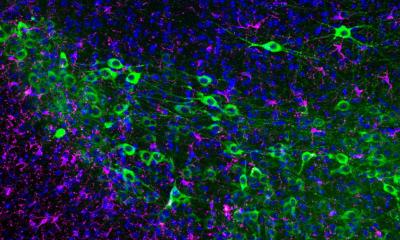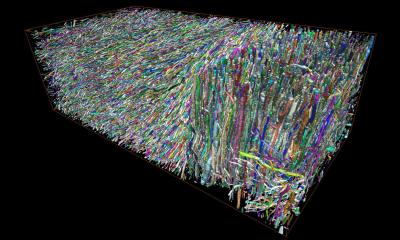News • Unique detection
'Super smeller' could lead to parkinson skin swab test
A study has identified chemicals in the skin responsible for a unique scent in people with Parkinson’s disease. The chemicals can be detected in an oily substance secreted from the skin called sebum, the researchers found.
The findings suggest Parkinson’s disease could one day be diagnosed from skin swabs, potentially leading to new tests. There are no tests for Parkinson’s disease at present. Patients are diagnosed from observation of symptoms, a process that can take several years. Scientists at The University of Edinburgh first had the idea that Parkinson’s might be diagnosed from chemicals in the skin when they met Joy Milne, the widow of a former patient. Her acute sense of smell had noticed that people with the disease have a unique scent.
Source: Unsplash/Erik Odiin
In a pilot study, Joy accurately differentiated Parkinson’s patients from healthy people by smelling T-shirts they had worn for 24 hours. Using a specialised technique that mimics the human nose, researchers at The University of Manchester analysed sebum samples of patients with Parkinson’s Disease. They identified three molecules in sebum linked to the odour caused by Parkinson’s Disease. Researchers say this could lead to new tests. The research was published in the journal ACS Central Science.
"This is a really exciting step towards a test for Parkinson’s that could cut short the time it currently takes to reach a diagnosis. Having a conclusive test would have a huge impact, not only for patients, but could also aid research for new treatments", says Dr Tilo Kunath from the Medical Research Council Centre for Regenerative Medicine, University of Edinburgh.
Parkinson’s is caused by a loss of nerve cells in the part of the brain that controls body movement. There currently is no cure, but researchers hope that spotting affected people sooner could help them in the search for treatments.
Source: University of Edinburgh
21.03.2019





